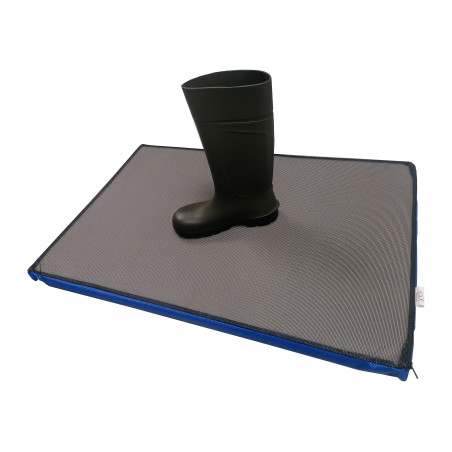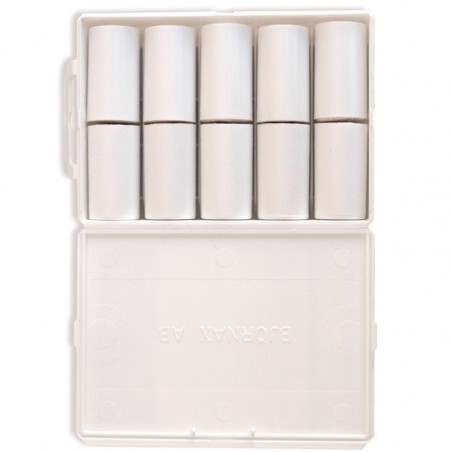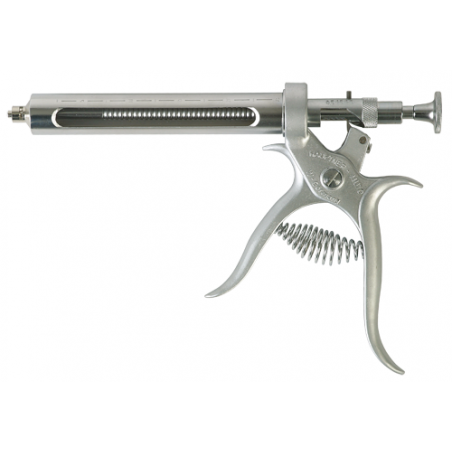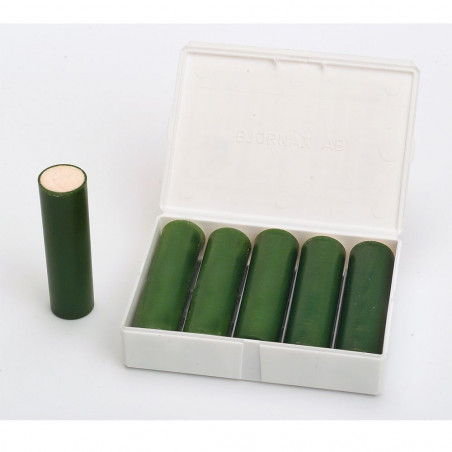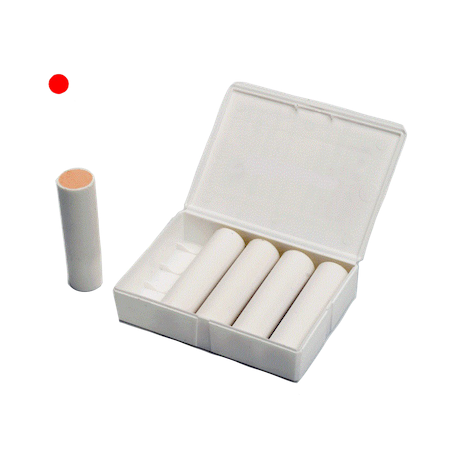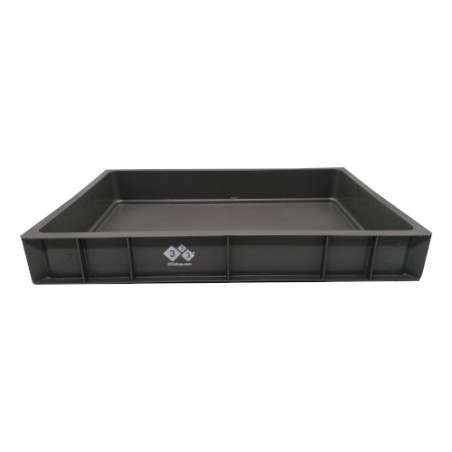The present study characterized the homologous and heterologous immune response in type-I porcine reproductive and respiratory syndrome virus (PRRSV) infection.
Two experiments were conducted: in experiment 1, eight pigs were inoculated with PRRSV strain 3262 and 84 days post-inoculation (dpi) they were challenged with either strain 3262 or strain 3267 and followed for the next 14 days (98 dpi). In experiment 2, eight pigs were inoculated with strain 3267 and challenged at 84 dpi as above. Clinical course, viremia, humoral response (neutralizing and non-neutralizing antibodies, NA) and virus-specific IFN-γ responses (ELISPOT) were evaluated all throughout the study. Serum levels of IL-1, IL-6, IL-8, TNF-α and TGF-β were determined (ELISA) after the second challenge.

In experiment 1 primo-inoculation with strain 3262 induced viremia of ≤ 28 days, low titres of homologous NA but strong IFN-γ responses. In contrast, strain 3267 induced longer viremias (up to 56 days), higher NA titres (≤ 6 log2) and lower IFN-γ responses. Inoculation with 3267 produced higher serum IL-8 levels. After the re-challenge at 84 dpi, pigs in experiment 1 developed mostly a one week viremia regardless of the strain used. In experiment 2, neither the homologous nor the heterologous challenge resulted in detectable viremia although PRRSV was present in tonsils of some animals. Homologous re-inoculation with 3267 produced elevated TGF-β levels in serum for 7–14 days but this did not occur with the heterologous re-inoculation.
In conclusion, inoculation with different PRRSV strains result in different virological and immunological outcomes and in different degrees of homologous and heterologous protection.
Díaz I, Gimeno M, Darwich L, Navarro N, Kuzemtseva L, López S, Galindo I, Segalés J, Martín M, Pujols J, Mateu E. Characterization of homologous and heterologous adaptive immune responses in porcine reproductive and respiratory syndrome virus infection. Vet Res. 2012 Apr 19;43(1):30.





